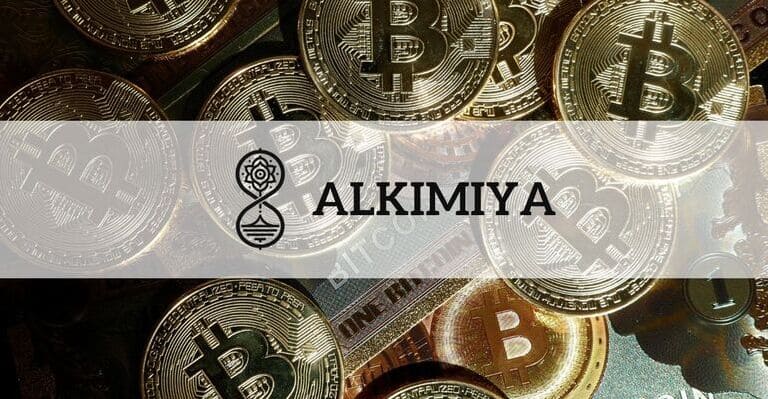TL;DR
- Alkimiya, an Ethereum-based protocol, has launched a tool to hedge against Bitcoin (BTC) transaction fee volatility, using a specialized market for this purpose.
- The protocol faces the challenge of gaining acceptance from Bitcoin maximalists, although founder Leo Zhang is optimistic about its ability to provide a robust and efficient solution.
- Alkimiya uses ERC-1155 NFT tokens to represent buy and sell positions in the fee market.
The Ethereum-based protocol, Alkimiya, has launched an innovative tool designed to address the volatility in Bitcoin (BTC) transaction fees. This new solution allows users to hedge against unpredictable fee fluctuations through a specialized market for transaction fee coverage.
Alkimiya, recently launched, aims to attract various participants in the Bitcoin market, including traders, mining pools, and foundations. However, one of the main challenges it faces is acceptance by Bitcoin maximalists, who are often reluctant to adopt technologies built outside of Bitcoin’s blockchain. Despite this, the protocol’s founder and CEO, Leo Zhang, is optimistic about its ability to offer a robust and efficient market for fee trading.
"Understanding block space economics is key for investors and builders." – @willnuelle
we 100% agree that block space is the most important commodity of this era 🫡 Will's insights on block space is exactly what we're here for.
take a listen if you're interested in:
-… https://t.co/WMNb3ftkdF— Alkimiya⌛ (@alkimiya_io) July 23, 2024
The launch of Alkimiya comes amid growing concerns about Bitcoin transaction fees, which surged to $125 per transaction in April due to high demand and the introduction of the Runes protocol for minting fungible tokens on the BTC network. This sudden spike in fees has driven a greater need for hedging instruments to mitigate risks associated with fee volatility.
Alkimiya Faces Bitcoin Integration Challenges
The Alkimiya protocol uses an innovative approach by issuing ERC-1155 non-fungible tokens (NFTs), called Long and Short shares, which represent buy and sell positions within different pools. These tokens allow users to participate in the fee market, with Long shares within the same pool being fungible and Long shares from different pools being non-fungible.

Despite its advantages, Alkimiya also faces challenges related to security and integration. Since Bitcoin lacks the programmability that Ethereum offers, the project is considering integrating Ethereum-compatible layer-2 solutions to enhance functionality. Zhang has stated that, since it is not currently possible to develop directly on BTC, building on Ethereum is the most decentralized approach available.
The goal of Alkimiya is to establish integration pathways that enable Bitcoin users to access and use the platform without needing to manage multiple wallets or interfaces. With this approach, the protocol aims to facilitate the adoption and use of its fee hedging tool on the Bitcoin network.

